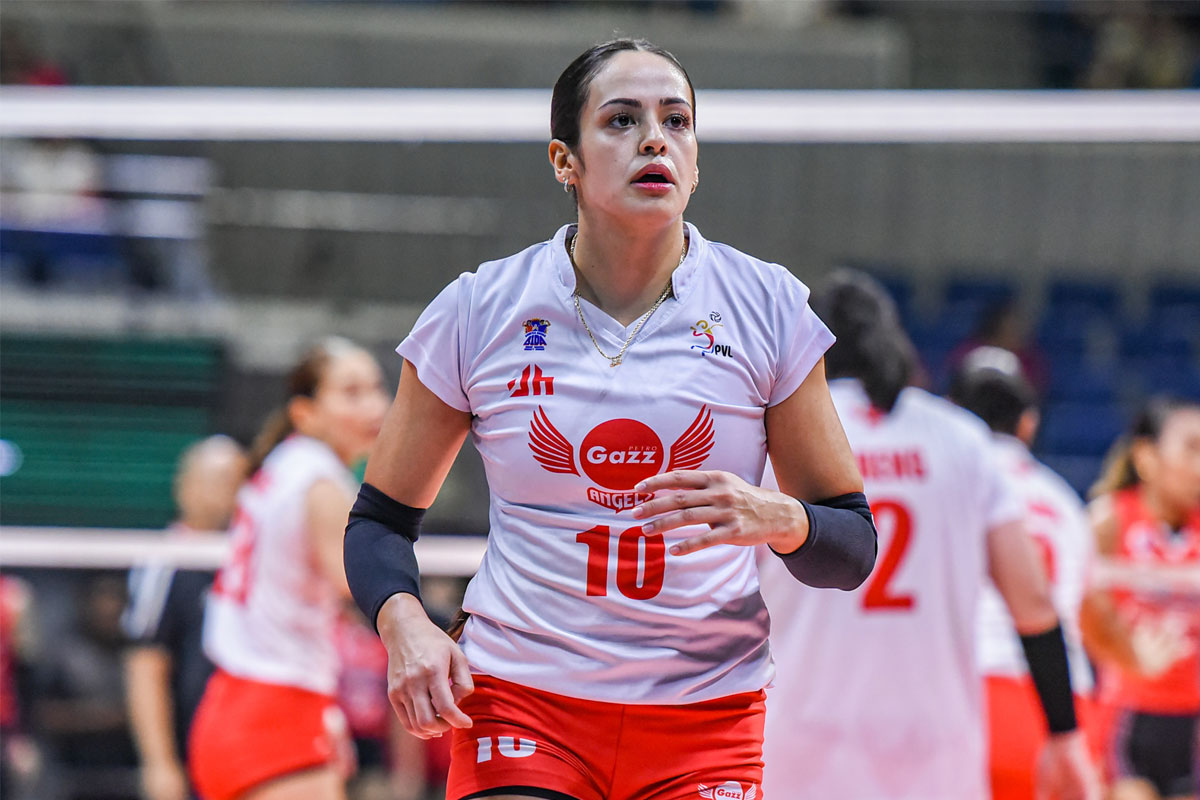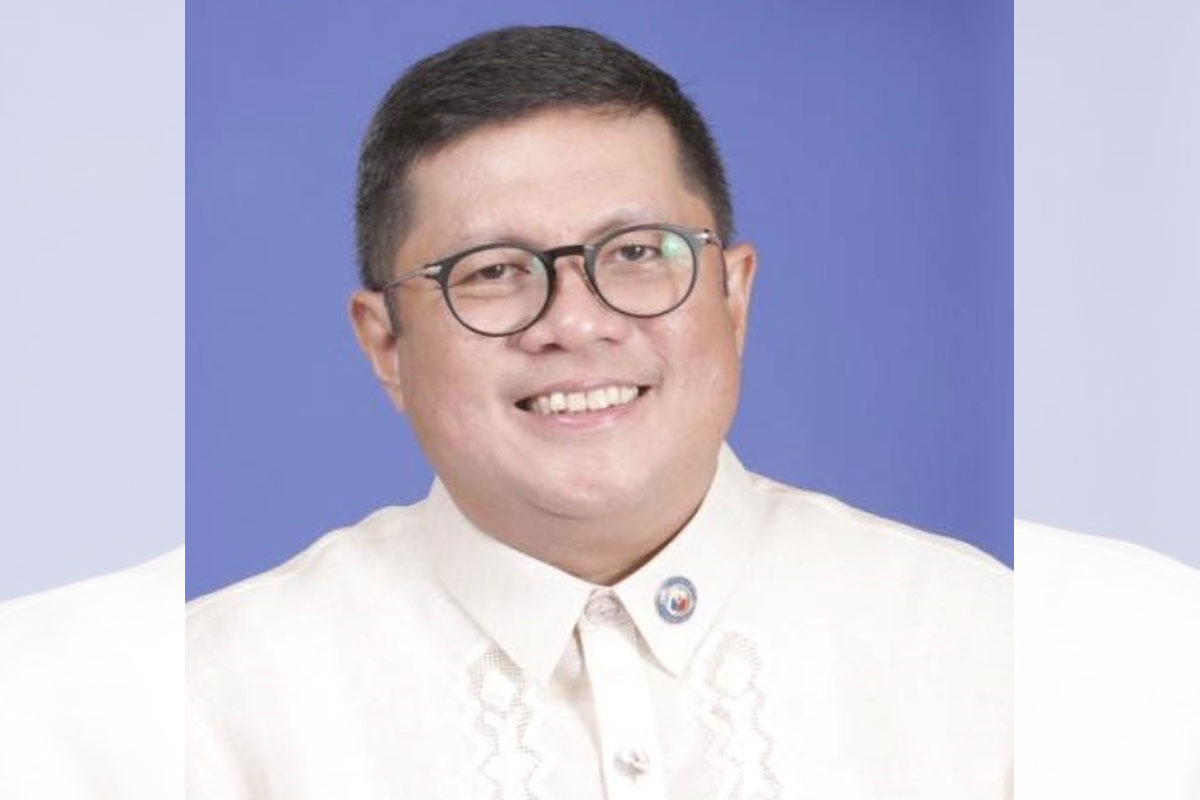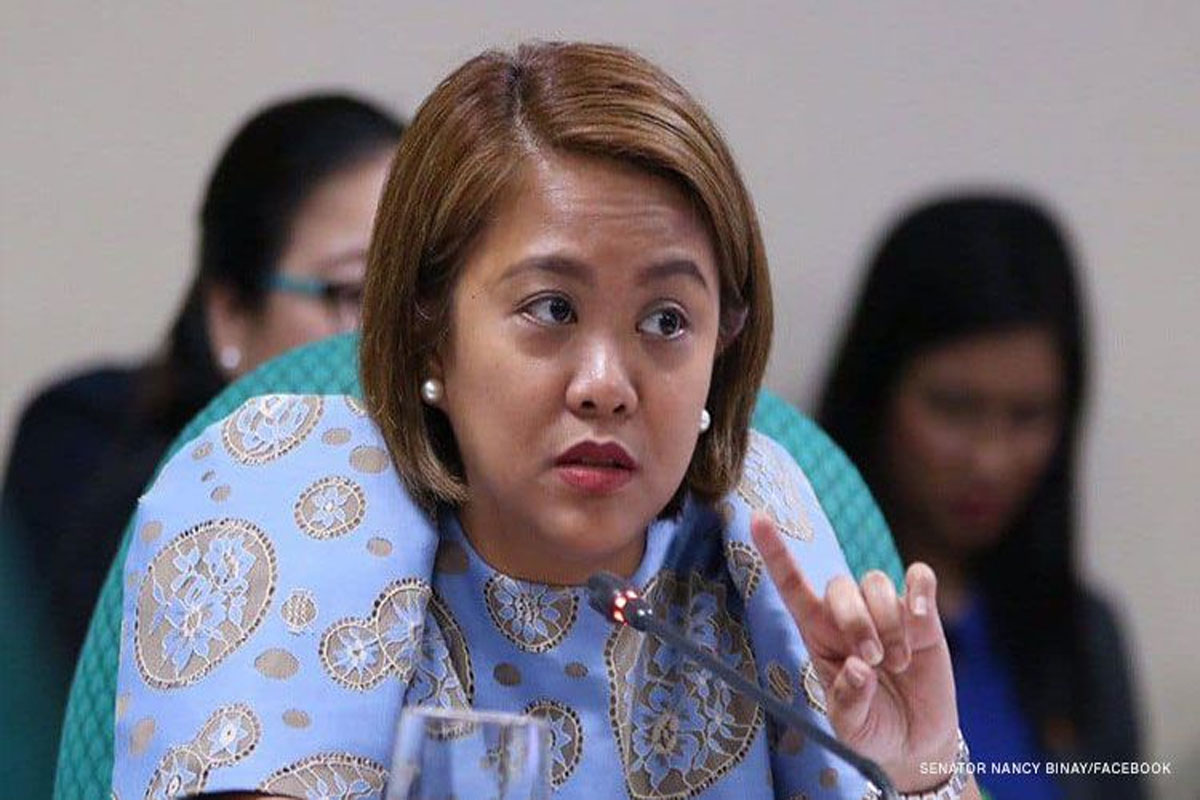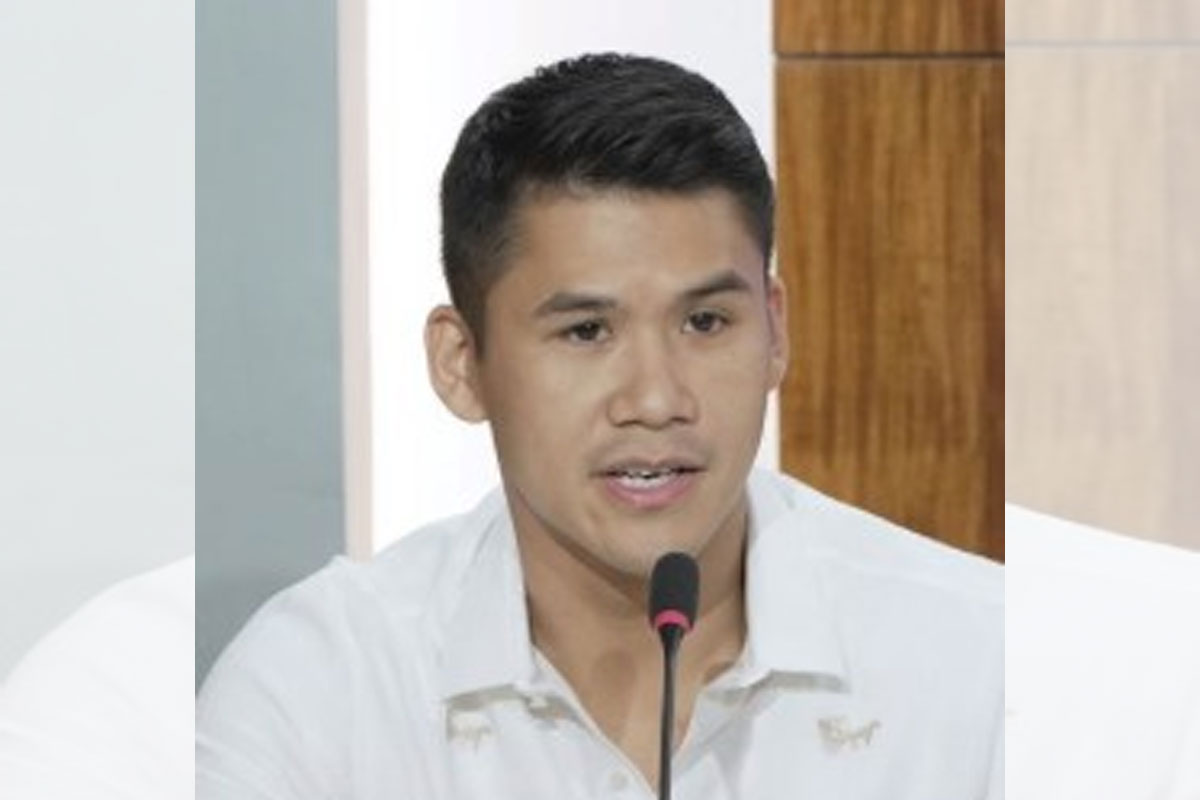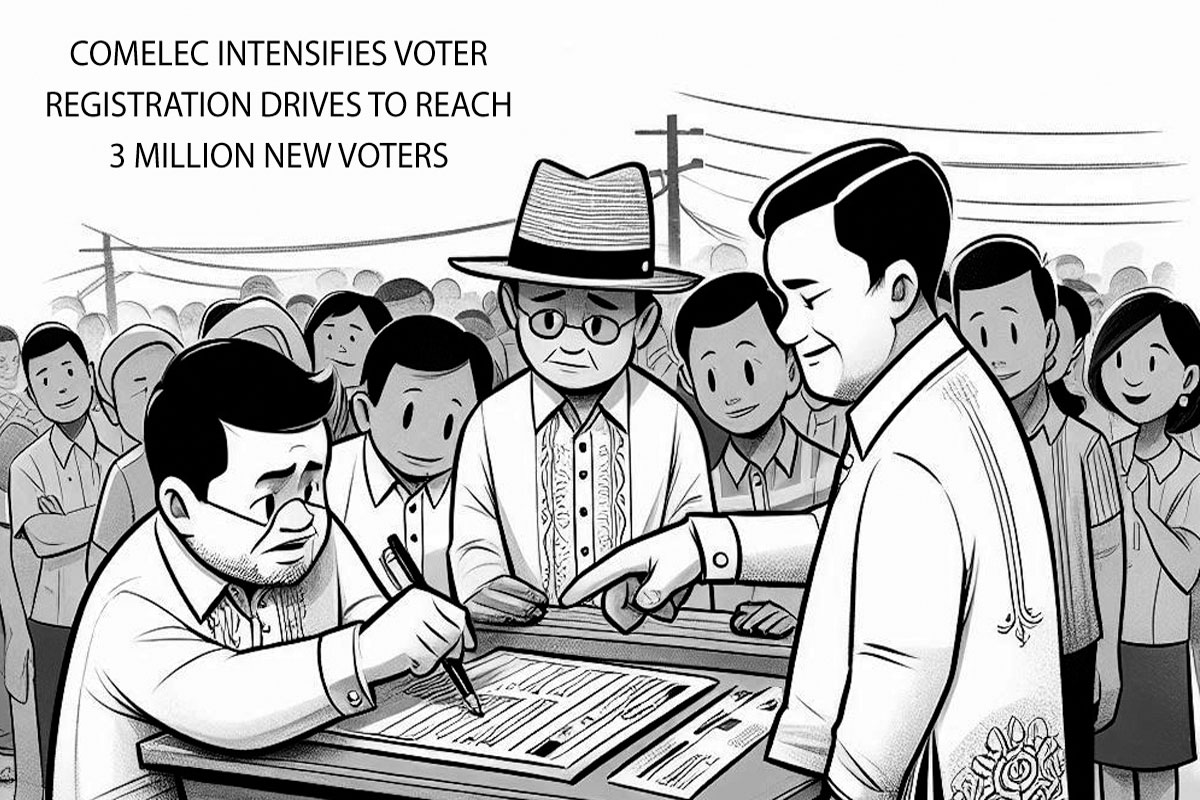
Philhealth proposal to transfer to the Office of the President : A good first step?
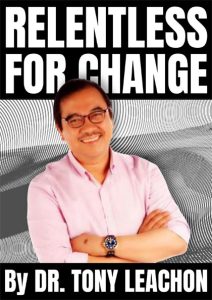 HEALTH is a fundamental basic right. It’s one of our biggest goals to have a healthy and educated Filipino population. Thus it makes great sense to dream and pursue this coveted goal with all our might.
HEALTH is a fundamental basic right. It’s one of our biggest goals to have a healthy and educated Filipino population. Thus it makes great sense to dream and pursue this coveted goal with all our might.
“Do what you can, where you are, with what you have.” – Theodore Roosevelt
Health and wellness were major preoccupations even before the COVID pandemic hit us in 2020. If anything, the heathy crisis ramped up the worry and concern we had about the health system prevailing here in the Philippines, and how it’s so often the case of who has the money and disposable income to attend to one’s medical issues and that of one’s immediate family – with the sad 2021 statistic that more than 40 percent of medical expenses are typically coming out-of-pocket (according to PhilHealth).
The Universal Healthcare Act was passed into law in February 2019, but the World Health Organization made the observation that it would only be in 2030 when our health system would be able to substantially support the Act, and give it true meaning for the general public. It’s not a pretty picture, but rather than raise our hands in surrender, it’s encouraging to note how institutes of learning and private corporations are “coming to bat,” and setting in motion programs and initiatives that can help improve the situation.
What is PhilHealth?
The Philippine Health Insurance Corporation (PhilHealth) was created in 1995 to implement UHC ( universal health coverage ) in the Philippines.
It is a tax-exempt, government-owned and controlled corporation (GOCC) of the Philippines, and is attached to the DOH ( Department of Health ). Its stated goal is to “ensure a sustainable national health insurance program for all”, according to the company. In 2010, it claimed to have achieved “universal” coverage at 86% of the population, although the 2008 National Demographic Health Survey showed that only 38 percent of respondents were aware of at least one household member being enrolled in PhilHealth.
Nevertheless, this social insurance program provides a means for the healthy to pay for the care of the sick and for those who can afford medical care to subsidize those who cannot. Both local and national governments allocate funds to provide subsidies to the poor and the indigents.
The Philippine Health Insurance Corporation or PhilHealth was created to deliver universal health insurance coverage for all Filipinos, making healthcare more accessible, available, and affordable for many. This holds especially for those who do not have instant access to quality healthcare.
Health Secretary Ted Herbosa on June 19 said the proposed transfer of the Philippine Health Insurance Corporation (PhilHealth) supervision to the Office of the President (OP) will make things more efficient in the government health insurer.
The Health Secretary said “If they’re trying to think about this, I think the president wants to have better and more efficient health care financing. Because the president wants to focus on it. Don’t you place it with the president if you want that to happen? “
The DOH earlier said its technical working group (TWG) is seeking the legal opinion of the Department of Justice and other relevant agencies on the matter. On May 17, then DOH officer-in-charge Maria Rosario Vergeire said the agency formed a TWG ( Technical Working Group ) to evaluate the proposed transfer. PhilHealth is an attached agency to the DOH.
Sec. Herbosa said moving an attached agency under another body like the Office of the President is not new in government. However, he clarified that changes to be made within PhilHealth is up to Congress since it has to amend the law that created the body.
“What I’ve heard from the Office of the President is the Executive Branch is free to realign where the agency is and who will manage it,” he said.
“If the president and the Executive branch wants to put it under the Office of the President, pwede yun [that can be done],” Sec. Herbosa explained.
Sec. Herbosa cited recent calls to move the National Disaster Risk Reduction and Management Council under the OP.
Sen. Risa Hontiveros earlier expressed concern over the proposal, saying the DOH should not leave behind its responsibilities in carrying out the Universal Health Care Law.
“Why would the DoH even consider relinquishing its responsibility and accountability as the principal national health authority in charge of PhilHealth?” Ms. Hontiveros said.
“Why the sudden interest of the Office of the President in exercising authority over PhilHealth?”
The lawmaker noted that existing laws provide that “PhilHealth is and should remain attached to DoH for policy coordination and guidance towards the realization of universal healthcare.”
A GOOD FIRST STEP
House Committee on Ways and Means Chairman Albay 2nd district Rep. Joey Salceda says the proposed transfer of the Philippine Health Insurance Corporation (PhilHealth) from the Department of Health (DOH) to the Office of the President (OP) is a “good first step” to remedying the problems of the agency.
“It’s a good first step. It’s the first step to improving financial governance and investment management. It will ensure that the management is more holistic and whole-of-government. The PhilHealth is a social insurance agency first and foremost, not a hospital,” Salceda said in a statement late Sunday on June 25.
Newly-installed Department of Health (DOH) Secretary Ted Herbosa had pitched the transfer of PhilHealth under the OP.
“And President Marcos can certainly do that even if the chairperson remains the Secretary of Health. The PhilHealth Board is inter-agency and purely within the executive. The Administrative Code allows him to ‘transfer agencies to the Office of the President from other departments or agencies.’ That’s Chapter 10, Section 31,” noted Rep. Salceda, chairman of the House Committee on Ways and Means.
However, the Bicolano lawmaker clarified that the move would just be a “start” and that Congress would “need to work on more thorough reforms to the system”.
“It is a welcome first patch, but we need to solve its underlying institutional issues,” he said.
Salceda pointed out that the key issues in the management of the PHilhealth are “probable fraud in the payment of case rates, the proportionality of the case payments with the expenses involved medical cases, and the effectiveness of its investment policies”.
He also said the issue of equity among Overseas Filipino Workers needs to be addressed. “They are among the most diligent payers, since they can’t leave without paying their PhilHealth dues, but it is frankly useless to them abroad.”
Rep.Salceda is principal author of House Bill (HB) No. 52, or the Philhealth Insurance Act, which introduces comprehensive reforms to the governance of the health insurer.
As a former Philhealth independent director ( 2016-2019 ) representing the Monetary Board handling risk management and audit committees, the agency should have a strong President and CEO supported by an operational team with expertise and experience in medicine, health policies, preventive and curative medicine, clinical practice, actuarial analysis, financial management and business acumen.
Autonomy is key. Dynamic, inspiring, and agile financial leadership is needed for Philhealth. Though we understand that the Philhealth has been rocked by several alleged inefficiencies, anomalies or corruptions eg cataract surgeries, ghost dialysis, delay in payment to hospitals and doctors etc. But under OP we don’t know if they can handle this huge financial and insurance agency with agility , expertise, and technical knowledge considering the workload of the OP.
DOH needs a reset after the pandemic. Minds. Heart. Soul.
With the appointment of Sec. Herbosa at the DOH , the department has to break up the monolith that it is. They need to focus on big audacious goals to achieve the targeted goals in the next five years of PBBM. Even management of specialty hospitals which are GOCCs should be devolved from their direct control as a separate Hospital Service.
It curtails a lot of growth that can still be achieved. Even FDA under the DOH needs a facelift to fast track registration and approval of innovative lifesaving products and address the release of overdue certificate of product registrations.
In our situation making a change looks attractive especially since we ‘re all frustrated with PhilHealth performance and delivery of services. This so called Joint Committee or TWG reviewing the transfer to OP will need to analyze the fundamental issues re PhilHealth functions and dysfunctions and its relationship with concerned stakeholders, on supply and demand sides.
Let’s think hard about it. The planned transfer may also affect PhilHealth’s ability to provide health insurance coverage especially to the poor. Bureaucracy is one big factor.
Managerial expertise and dynamism are issues as well. As you know, these bureaucratic structural shifts may or may not make the situation better. For example, the Population Commission kept bouncing between NEDA, DOH, and OP in the hope that it could do a better job of raising contraceptive prevalence rate more rapidly.
Transformation is impossible unless hundreds or thousands of people are willing to help, often to the point of making short-term sacrifices. Employees will not make sacrifices, even if they are unhappy with the status quo, unless they believe that useful change is possible with lack of genuine leadership. Without transparency , sense of urgency and credible communication behind the rationale and a lot of it, the hearts and minds of the troops are never captured.
In summary , Philhealth problems are deeply institutional and structural; a major surgical procedure is necessary to address its overall malaise. Transferring supervision over it from one agency to another will have only marginal benefit unless major structural reforms and installation of a genuine leadership are instituted within Philhealth itself. By Dr. Tony Leachon
I’d like to end by quoting Nelson Mandela :
“Sometimes, it falls upon a generation to be great. You can be that great generation. Let your greatness blossom.”
###
Anthony C. Leachon, M. D.
Independent Health Reform Advocate
Past President ,
Philippine College of Physicians
Internist – Cardiologist
Manila Doctors Hospital



